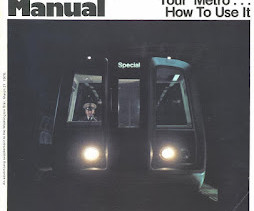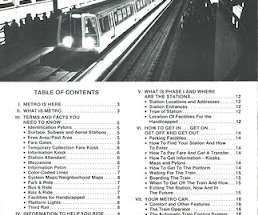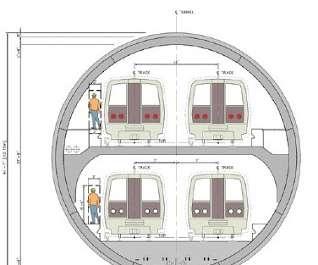It’s time to talk about a regional tax to help fund Metro (DC area)
Rebuilding Place in Urban Space
DECEMBER 19, 2023
WMATA has even more issues because if either Maryland or Virginia have Republican Governors, it makes it very difficult to develop consensus support for such a tax, because they see it, justifiably or not, as helping DC disproportionately. So given there's been talk about this for at leas 20 years I'm not holding my breath.












Let's personalize your content